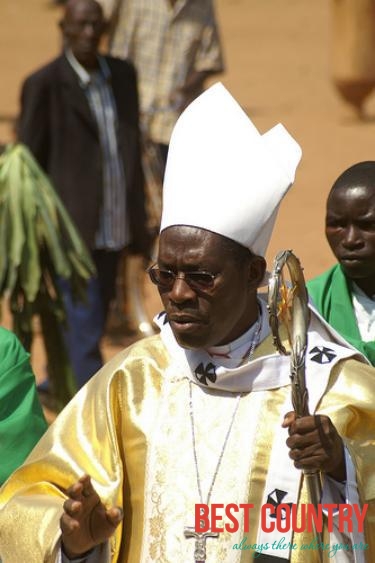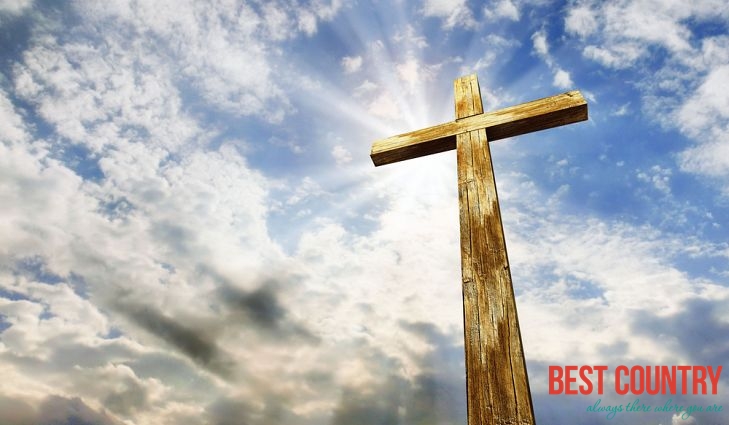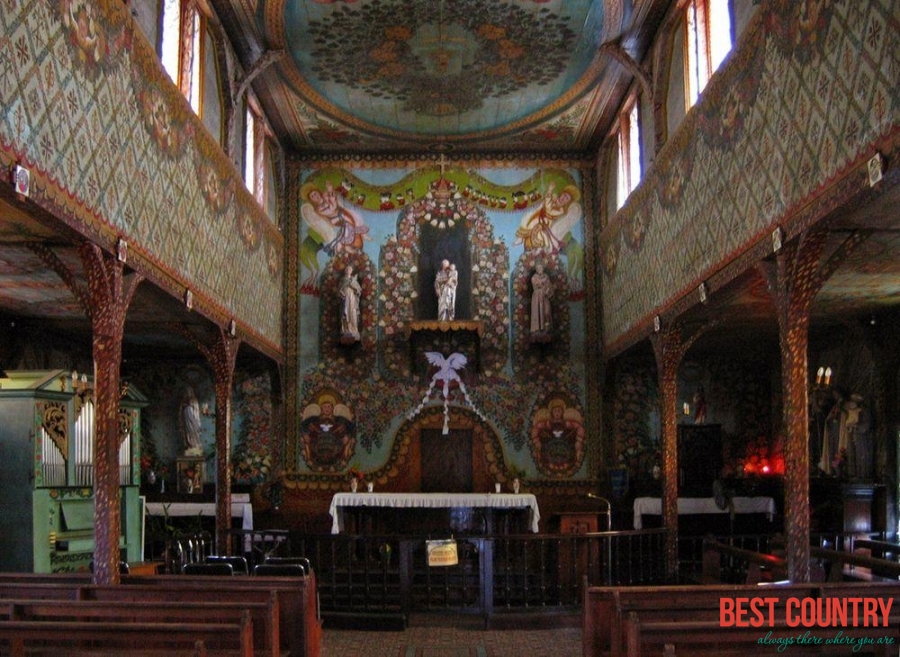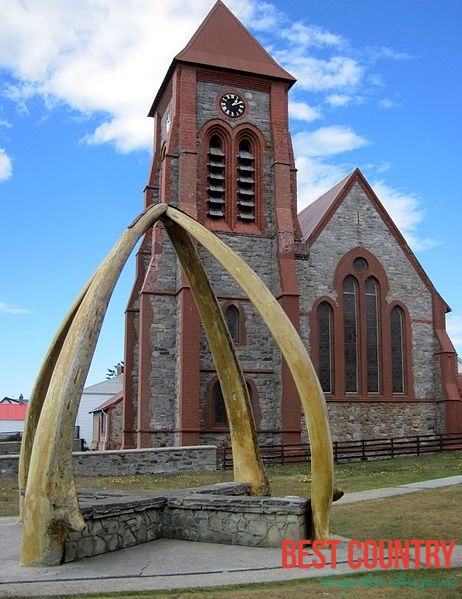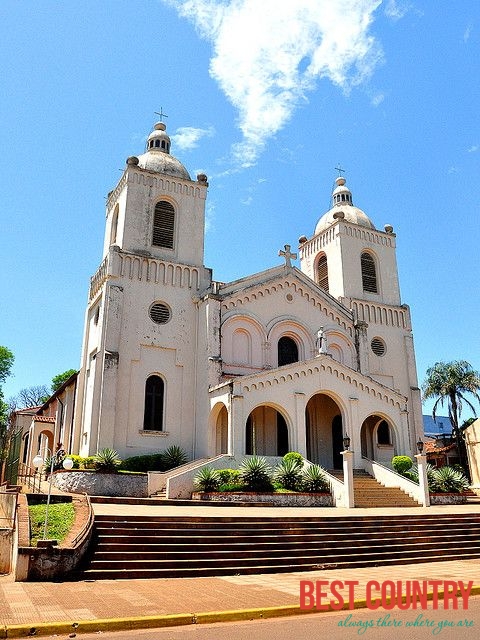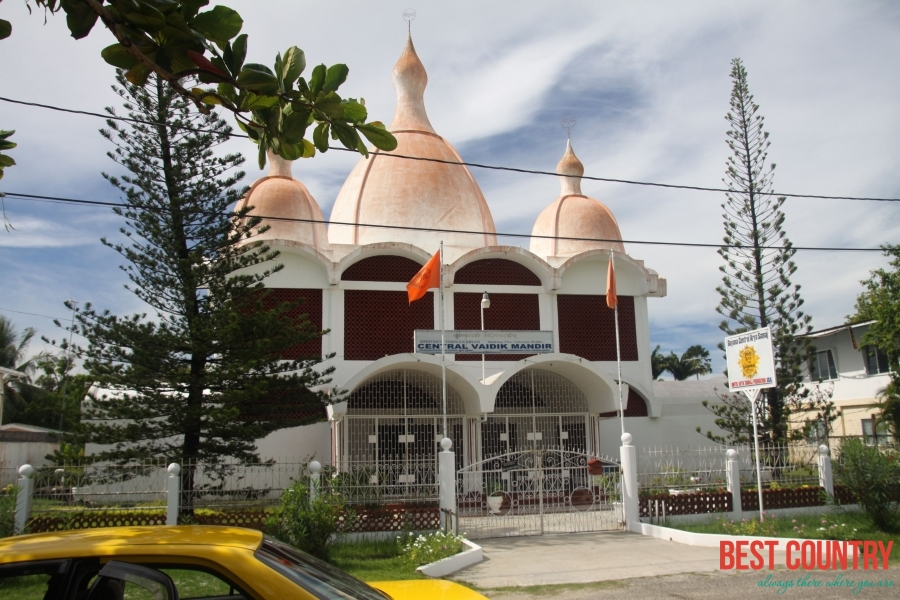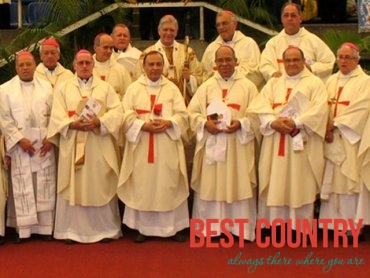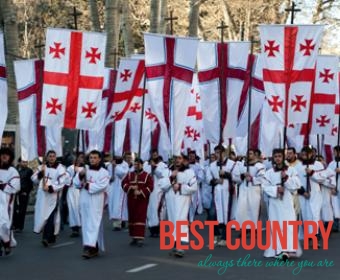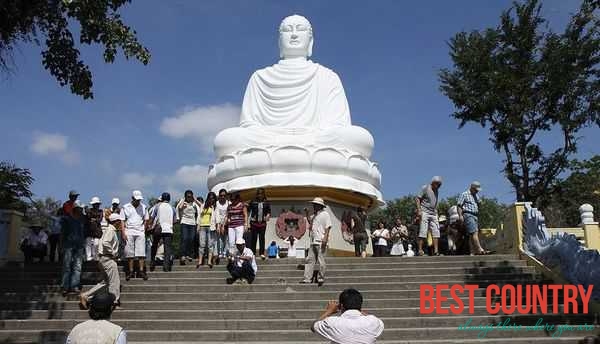Religion in different countries
Religion in Burundi
According to recent estimates by CIA, about 75 percent of the population of Burundi is Christian (60% being Roman Catholic, 15% being Protestant) and between 2 to 5 percent are Muslim (mainly Sunni). The remainder practise indigenous religions i.e., Animism or have no religious affiliation.
Religion in Burkina Faso
Burkina Faso is religiously diverse society with Islam being the dominant religion. According to recent census (2006) conducted by Government of Burkina Faso, 60.5% of the population adheres to Islam.
Religion in Botswana
An estimated 70 percent of Botswana citizens identify themselves as Christians. Anglicans, Methodists, and the United Congregational Church of Southern Africa make up the majority of Christians.
Religions of Ecuador
Ecuador supports religious freedom, enabling all to worship and attend any religious institutes that they choose to support. People in Ecuador are primarily Roman Catholic, a religion that was introduced into the country when the Spanish took over.
Religion in Chile
The majority religion in Chile is Christian (71%), with an estimated 59% of Chileans belonging to the Catholic church, 16% Protestant or Evangelical and just 3% with any other religion. Agnostics and atheist are estimated at 22%.
Religion in French Guiana
The dominant religion of French Guiana is Roman Catholicism; the Maroons and some Amerindian people maintain their own religions. The Hmong people are also mainly Catholic owing to the influence of missionaries who helped bring them to French Guiana.
Religion in the Falkland Islands
The majority of the residents of the Falkland Islands belong to the Church of England (Anglican Church).
Peru Religion
Peru Religion is varied and multiple. Christianity in Peru religion is a heritage of the Spanish conquest and for this cause Peru is chiefly a Catholic country. Roman Catholicism is the official religion of Peru.
Religion in Paraguay
The religious identities of the people of Paraguay, or Religion in Paraguay for short, have since national independence been oriented towards the Christian faith, and specifically the Roman Catholic Church. In the most recent census (2002), Paraguayans of all ages 10 and older had their religious identities enumerated, and 89.6% were classified as Catholics.
Religions of Colombia
Roman Catholicism was the country's official religion until the adoption of the 1991 constitution. The law states that there is no official or state religion but adds that the State is "not atheist or agnostic, nor indifferent to Colombians' religious sentiment."
Religion in Guyana
Christianity and Hinduism are the dominant religions in Guyana. Data from a 2002 census on religious affiliation indicates that approximately 57 percent of the population is Christian. The composition of that population is:
Religion in Venezuela
Venezuelans are constitutionally guaranteed freedom of religion provided that a faith is not contrary to public order or good custom. According to the latest government statistics in 2001, an estimated 70% of the population are Roman Catholic.
Religion of Georgia
Georgians are of the Christian orthodox faith. In the first century, Christianity was first preached here by the apostle St Andrew.
Religion/Philosophy in Vietnam
With its many cultures, Vietnam has a variety of religions. Originally, Vietnam's three main religions were Taoism, Mahayana Buddhism and Confucianism, Buddhism being introduced first. Although Buddhism and Taoism were popular with the people, Confucianism became the recognized religion.
